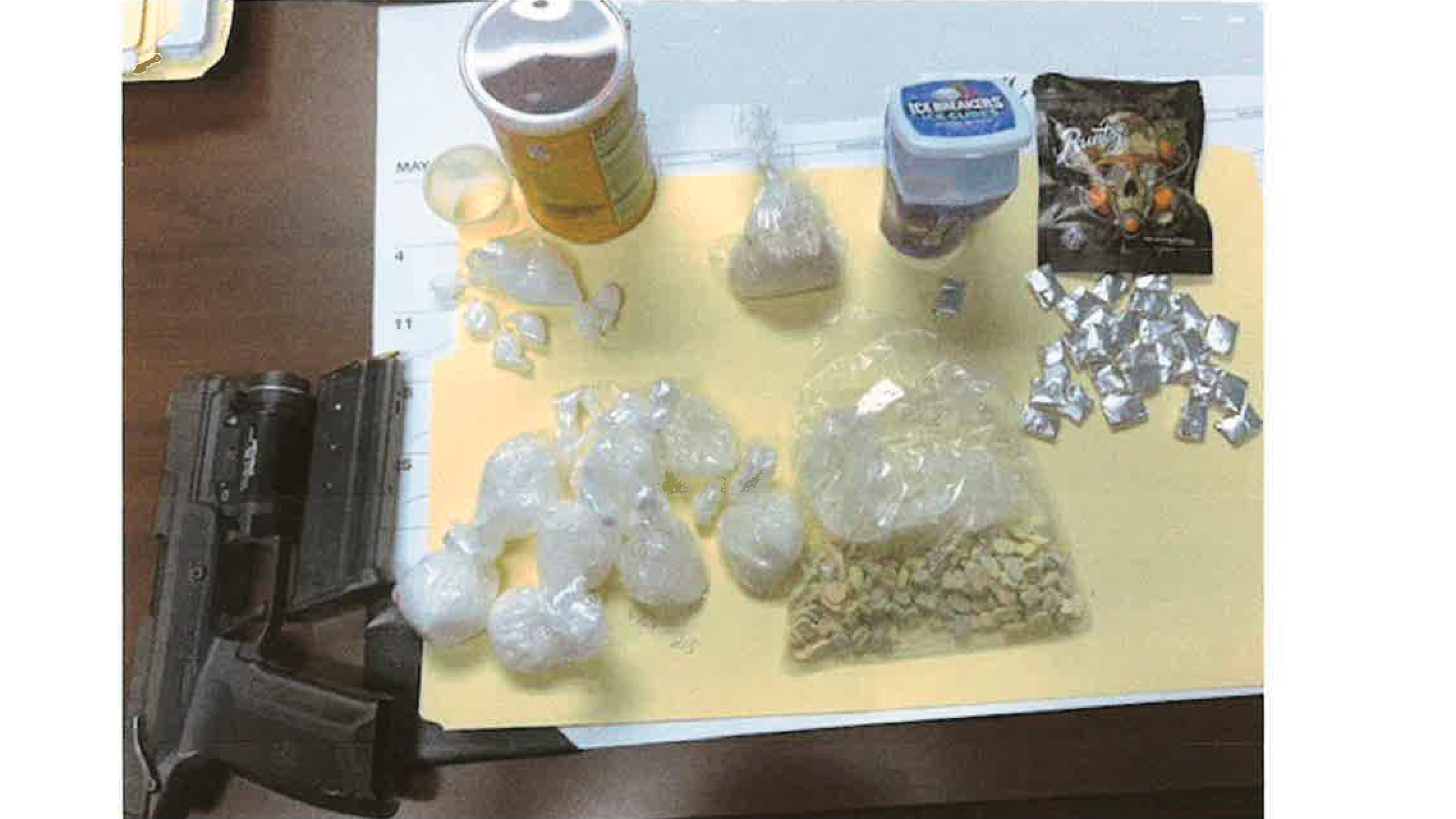COVID-19 Update: Another long-term facility sees case of coronavirus
Published 5:12 pm Wednesday, April 8, 2020
An additional long-term care facility was identified with cases of COVID-19 in data released by the Mississippi State Health Department Wednesday.
State health officials are releasing daily the number of long-term care facilities with outbreaks of the disease, but continue not to specify individual facilities. An outbreak in a facility is identified by as few as one confirmed case of the virus.
As of 6 p.m. Tuesday, MSDH has identified an additional 88 cases of COVID-19 state wide, and eight people have died, bringing the statewide totals to 2,003 cases and 67 deaths. Five additional cases were identified in Lincoln County, bringing county totals to 26 cases and one death.
There have been two outbreaks in long-term-care facilities in the county so far. Outbreaks in these facilities are a particular cause for concern because their residents are older and often have chronic conditions that make them more vulnerable to the disease.
While COVID-19 is more dangerous to the elderly, it can infect anyone of any age, and people from every age group have developed dangerous symptoms.
Mississippians statewide have been ordered to stay at home except for essential business. The order is in effect until April 20. Gov. Tate Reeves also issued Executive Order 1467 Monday, waiving in-person requirements for notarizing documents. These orders are designed to slow the spread of COVID-19 by keeping people at home and away from other people.
When leaving the home is unavoidable, the state health department asks everyone to wear a cloth mask. These masks can be made at home out of household items like old shirts, scarves or bandanas. The masks can reduce — but do not eliminate — the transmission of respiratory droplets and aerosols that spread the virus.
The health department cautioned that masks are not a substitute for social distancing or staying at home. They also note that N-95 masks and surgical masks must be reserved for the healthcare workers and first responders who need them most.




